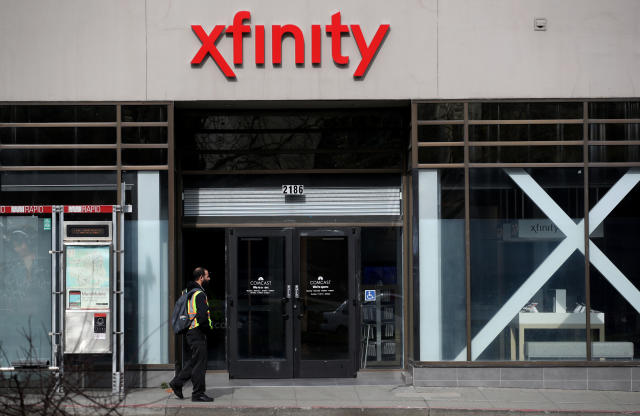Comcast, the behemoth of broadband and cable, finds itself reeling from a recent data breach, exposing the sensitive information of over 35 million Xfinity customers. This wasn’t a run-of-the-mill hack; it was a stark reminder of the vulnerabilities inherent in our interconnected world and the ever-escalating costs of trust misplaced.
The breach, attributed to a software vulnerability from cloud computing giant Citrix, targeted Xfinity accounts between October 16th and 19th, 2023. While the attack didn’t directly plunder credit card numbers or bank accounts, the exposed data – usernames, hashed passwords, and for some, a smörgåsbord of personal details – paints a chilling picture. Financial institutions are on high alert, preparing for a potential surge in identity theft and fraudulent activity.
The damage isn’t limited to potential financial losses. Consumer trust, already fragile in the era of rampant data breaches, takes another hammering. Comcast, long criticized for its customer service and pricing practices, now faces a public relations nightmare. Investors, too, feel the tremors, with the company’s stock taking a tumble on the news.
The financial implications are far-reaching. Regulatory fines, class-action lawsuits, and reputational damage could cost Comcast billions. Beyond the immediate hit, the breach may erode customer loyalty, driving them to competitors. This translates to lost revenue, a worrying prospect for a company already facing intense competition in a saturated market.
The Xfinity breach also raises serious questions about cybersecurity practices. As more businesses rely on cloud-based solutions, vulnerabilities in those systems become gaping holes in their defenses. Comcast’s reliance on a third-party vendor highlights the interconnectedness of the technological landscape, where one company’s security breach can ripple through countless others.
The fallout from this incident serves as a cautionary tale for businesses and consumers alike. The cost of neglecting cybersecurity is no longer just reputational; it’s measured in cold, hard cash. Companies must invest in robust security measures, conduct regular vulnerability assessments, and prioritize data protection as a core strategic imperative. Consumers, meanwhile, must remain vigilant, practicing sound password hygiene, being wary of phishing attempts, and staying informed about evolving cyber threats.
The Xfinity breach is a wake-up call, a stark reminder that in the digital age, security is not an option; it’s an obligation. Businesses must prioritize data protection, and consumers must remain vigilant. The cost of inaction is simply too high to ignore.





